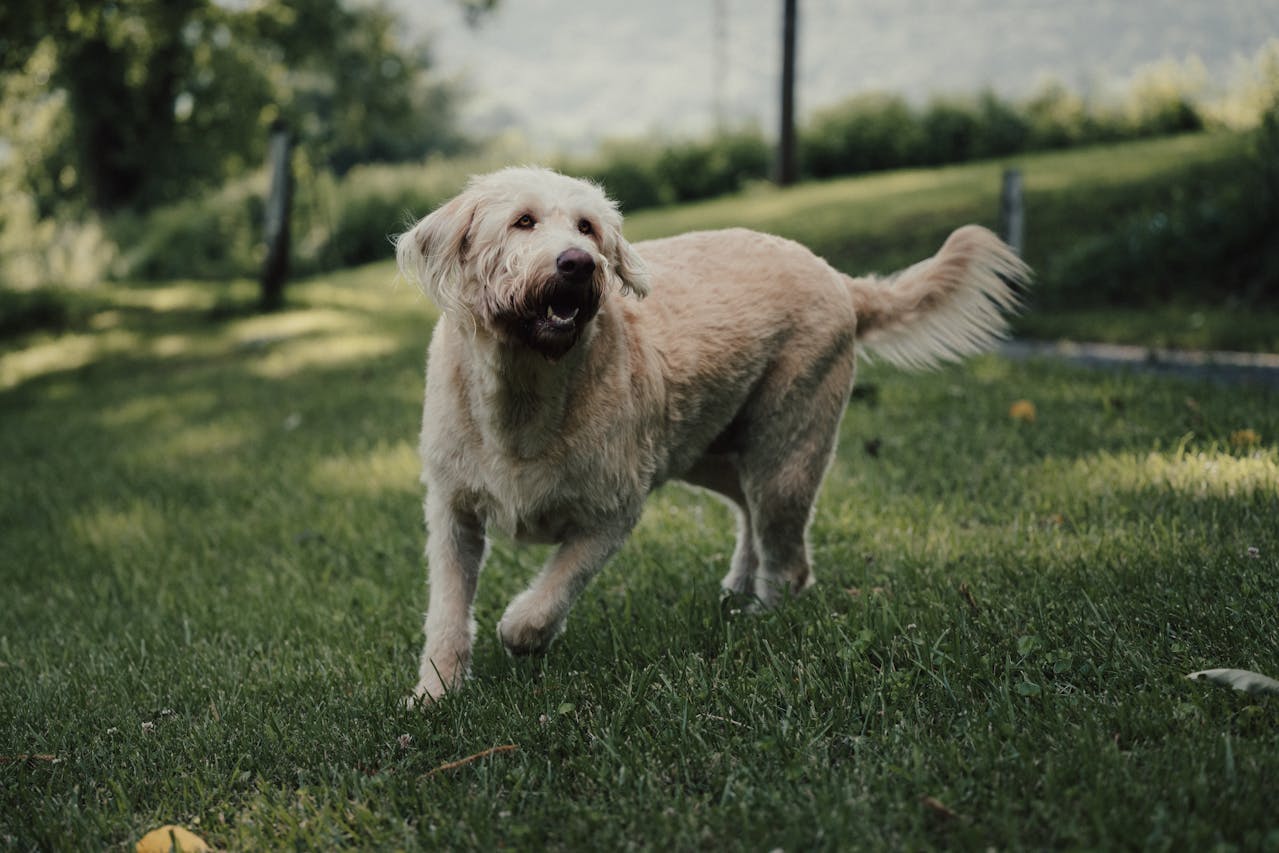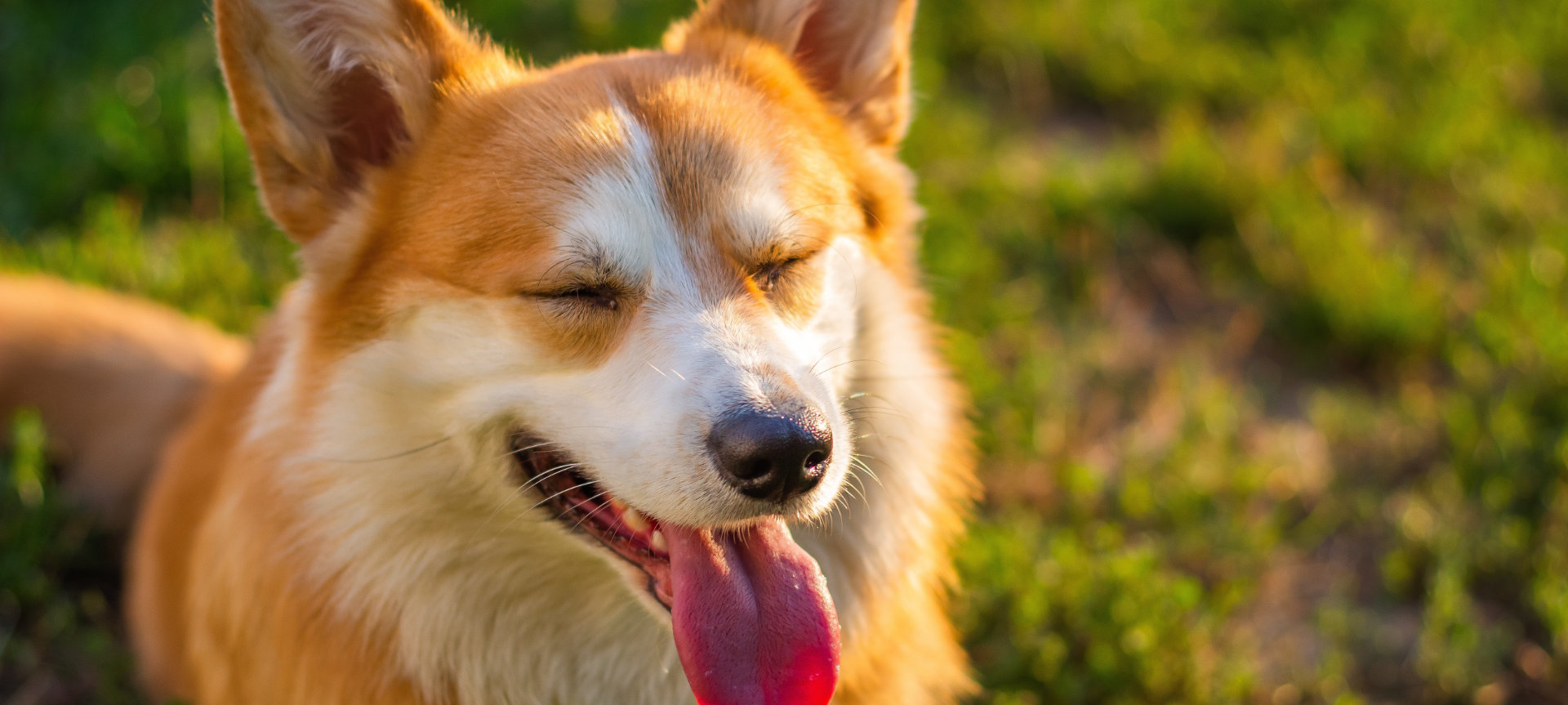
29 Mar Common Dental Conditions in Dogs
Our canine companions bring joy and unconditional love into our lives, but beneath their playful barks and enthusiastic tail wags can lurk a silent predator: dental disease. Often misunderstood and neglected, dental issues are surprisingly common in dogs and can have serious consequences if left untreated. We’ll cover the common dental conditions in dogs and how you can help to prevent these issues from occurring.
Periodontal Disease
Periodontal disease (gum disease) affects over 80% of dogs over the age of three. Plaque buildup attracts bacteria that inflame the gums, leading to gum recession, loose teeth, and even bone loss. Symptoms include bad breath, bleeding gums, and difficulty chewing.
Fractured Teeth
From playful mishaps to chewing hard objects, fractured teeth are a common issue in dogs. Deeper fractures can expose nerves and lead to pain, infection, and tooth loss.
Oral Tumors
While benign tumors are more frequent, malignant ones do occur. Be mindful of lumps or bumps in your dog’s mouth, excessive drooling, and difficulty eating.
Tooth Resorption
Mainly affecting small breeds, this painful condition involves the gradual weakening and destruction of teeth from the inside out. Early detection and treatment are crucial.
Brachycephalic Syndrome
Brachycephalic syndrome impacts breeds with shortened snouts often have crowded teeth and underdeveloped jaws, making them more susceptible to dental problems. Regular cleanings and specialized care are essential.
Early Detection is Key
Prevention is always better than cure. Regular veterinary checkups and home dental care can prevent many issues. Watch for signs like bad breath, bleeding gums, difficulty chewing, or loose teeth, and seek veterinary attention promptly.
How to Keeping Your Dog Smiling
- Brushing: Brush your dog’s teeth with a VOHC- approved toothpaste and brush.
- Dental Chews: Offer daily dental chews VOHC- approved.
- Regular Cleanings: Schedule professional cleanings and full mouth dental radiographs under anesthesia as recommended by your vet.
- Healthy Diet: Choose a diet that promotes good oral health and reduces plaque buildup.
- Be Observant: Watch for signs of dental problems and seek veterinary attention promptly.
Dog Dentist Knoxville
By being proactive and vigilant, you can ensure your furry friend enjoys a lifetime of pain-free chomping, playful smiles, and drool-free kisses! Remember, a healthy mouth leads to a happy dog. Make oral hygiene fun by using positive reinforcement, flavored toothpaste, and engaging dental toys to create a positive experience for your dog. Early positive associations make future dental care smoother for both of you.
Photo by Tolga Ahmetler from Pexels




